|
Dr Tom Cromarty Editor Interests: Paediatric Emergency Medicine, Medical Engagement and Leadership, Simulation, Quality Improvement, Research Twitter: @Tomcromarty |
Welsh Research and Education Network
WREN BlogHot topics in research and medical education, in Wales and beyond
Dr Celyn Kenny Editor Interests: Neonates, Neurodevelopment, Sepsis, Media and Broadcasting Twitter: @Celynkenny |
|
Dr Roisin Begley, ST8 PEM I recently attended the RCPCH annual conference in Birmingham and to nobody’s surprise spent the Tuesday PM at the Association of Paediatric Emergency Medicine (APEM) session.
The key talks this year were themed on adolescents. These can be a particularly challenging group for us to cater for at times in the ED. The first speaker was Dr David James, PEM consultant in Southampton. He covered why adolescents are different and why we need to give them special considerations. Key messages were: new thinking/definition of adolescence is from 10-24 years. This has come from the paper in the lancet ‘The age of adolescence’ by Prof Susan M Sawyer et al. The adolescent brain is still developing and lots of the risky behaviours associated with adolescents can be attributed to this. Neuroscientists have shown ‘Evidence points to a dissociation between the relatively slow, linear development of impulse control and response inhibition during adolescence versus the nonlinear development of the reward system, which is often hyper-responsive to rewards in adolescence. This suggests that decision-making in adolescence may be particularly modulated by emotion and social factors, for example, when adolescents are with peers or in other affective (‘hot’) contexts’ (Decision Making in the Adolescent Brain, Sarah-Jayne Blakemore & Trevor W Robbins, 2012) So what is our role in this….. Dr James explains, as paediatrician’s we have a role to use the health encounters to identify risk-taking behaviour and perform psychological assessment: the HEADSS screening tool (Home, Education/employment, peer group Activities, Drugs, Sexuality, and Suicide/depression). The aim is then to signpost on to services locally for support. (ie drugs and alcohol, sexual health clinic, bullying services). Locally in Wessex they have developed an app to help with this. Web based version. iOS and Android on the way. Dr David James runs a RCEM day called the ‘forgotten tribe: adolescent in the emergency department’ if you want further insight. The second speaker was Dr Damien Wood, who explained his role in the eating disorder team in the Nottingham region. He was accompanied by Emily (an ex patient) who told us what it was like to life with an eating disorder and her experience of healthcare. She said ‘mental and physical health shouldn’t be seen as separate- it should just be health’. Emily recommended we all watch: Things Not To Say to someone with an eating disorder. The third speaker was Dr Annette Langseth, Consultant paediatrician at The CYP Haven. Her key messages were that we need to feel comfortable and confident talking to CYP (Children and Young People) about sex. If we feel uncomfortable or ‘judgey’ then they will not feel able to have conversations to us, disclose honest information or ask important questions. So get used to saying ‘vagina, anal and sex toys!' So lastly from me…. I missed this talk and seriously regret it. Dr Mike Farquhar gave a plenary talk on the Wednesday about his experience of growing up LBGT+ in the UK today, but you can get highlight of this issue through his twitter story: ‘ you can exhale now’ and by following him @DrMikeFarquhar and @RainbowNHSBadge.
0 Comments
Leave a Reply. |
Editors
Dr Annabel Greenwood Categories
All
|


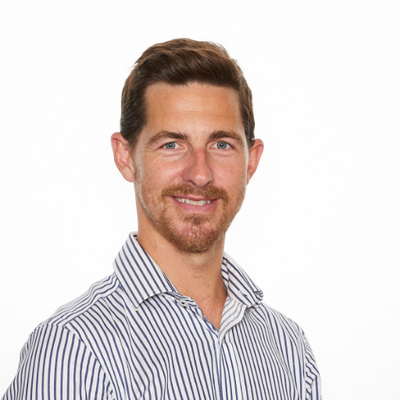
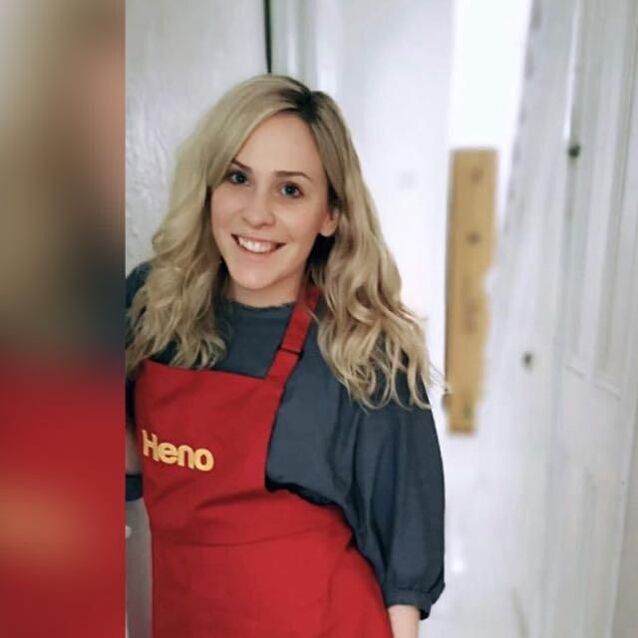
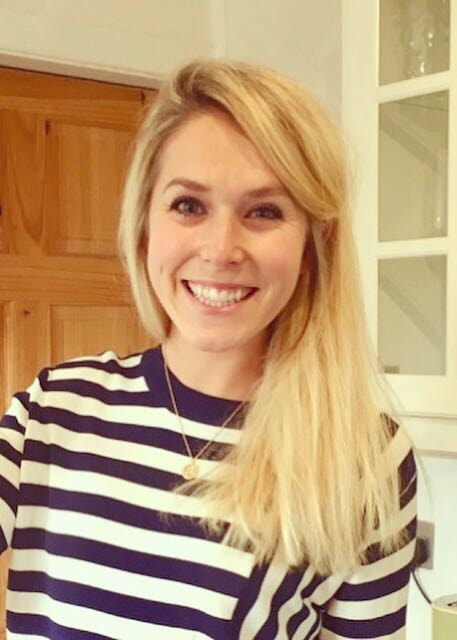
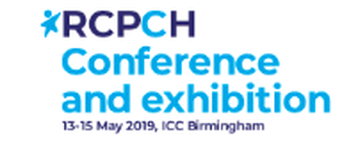
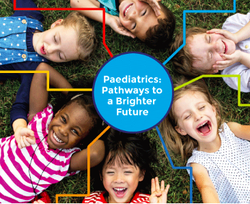
 RSS Feed
RSS Feed
